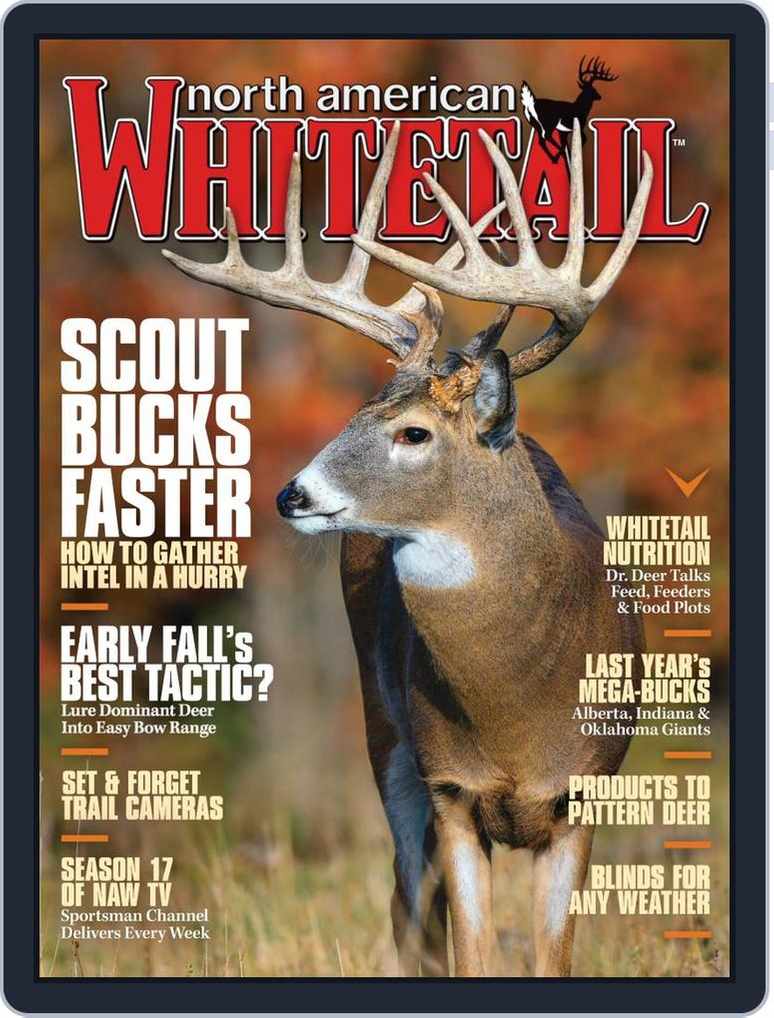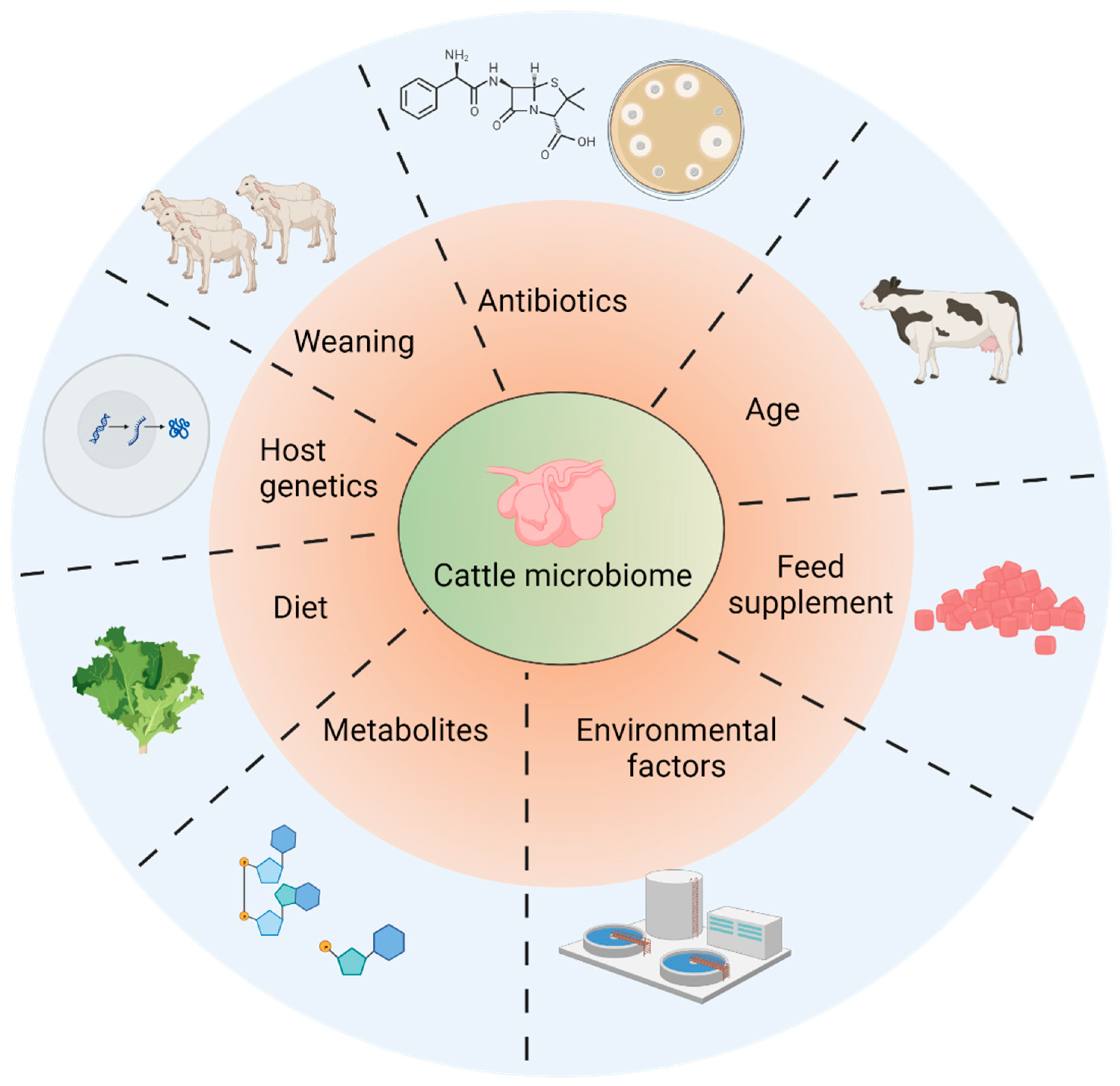Alfalfa bales are a nutritious food source for deer, promoting health and growth. These bales provide essential nutrients that can be scarce in the wild.
Alfalfa, known for its high protein, vitamins, and mineral content, stands out as a beneficial supplement to a deer’s natural diet, particularly in areas where forage is limited or during harsher weather conditions when food is scarce. The reason behind its efficiency lies in its digestibility and energy-rich composition, making alfalfa a go-to for wildlife managers and hunting enthusiasts looking to support local deer populations.
Implementing alfalfa bales as part of a comprehensive wildlife feeding program can contribute significantly to the well-being of deer herds, ensuring they receive balanced nutrition all year round.

Credit: issuu.com
Alfalfa Bales: A Deer Magnet
Imagine walking through a green field and spotting a herd of deer. This could be your backyard with alfalfa bales. Alfalfa, known as the ‘queen of forages’, stands out as an ideal choice for attracting deer. These bales are not just a favorite amongst these majestic animals but a crucial part of their diet.
The Nutritional Draw For Deer
Deer need a balanced diet to thrive, especially during the winter.
Alfalfa bales provide:
- High protein levels for growth and health.
- Essential minerals and vitamins for overall well-being.
- Energy-rich nutrients to survive harsh conditions.
These components make alfalfa a top food source for deer year-round.
How Alfalfa Scent Acts As A Lure
The sweet smell of alfalfa is an effective natural lure.
Deer have an acute sense of smell, making alfalfa bales an irresistible attraction. The aroma can tempt deer from a distance, pulling them towards the source.
With alfalfa, the chances of deer visiting regularly increase.

Credit: www.discountmags.com
Alfalfa’s Nutritional Profile
Alfalfa bales are a powerhouse of nutrients that deer need. This legume boasts a rich blend of essentials. It supports deer health throughout the year. Let’s dive into the specifics of alfalfa’s nutritional offerings.
Key Vitamins And Minerals
Alfalfa is jampacked with key vitamins and minerals that aid in deer growth and wellbeing. These are crucial for bone strength and overall vitality.
- Calcium and Phosphorus: Vital for antler and bone development.
- Magnesium: Supports metabolic functions.
- Potassium: Necessary for muscle and nerve function.
Alfalfa also has an abundance of Vitamins. These include Vitamin A for vision and Vitamin E for immune health.
Protein Content And Digestibility
Alfalfa stands out as a high-protein forage. Its digestibility makes it an ideal choice for deer herds. The protein supports muscle growth and repairs tissue.
| Protein Content in Alfalfa (%) | Digestibility |
|---|---|
| 15-22% | High |
With impressive protein levels, alfalfa aids in sustaining deer during harsh seasons. It provides the energy needed for day-to-day activities.
Deer Feeding Habits And Preferences
Understanding deer feeding habits is essential for wildlife enthusiasts and landowners. Deer are selective feeders, often searching for the most nutritious options available. This quest for quality nutrition often leads deer to alfalfa, a legume high in protein and energy. By diving into the natural diet of deer and exploring why they choose alfalfa, we can better appreciate these creatures and their dietary choices.
Natural Diet Of Deer
Deer are ruminants, which means they have a unique digestive system that allows them to process a variety of vegetation. Their diet shifts with the seasons, varying from fresh plant shoots in spring to hardy browse in winter. Let’s break down the components:
- Spring and Summer: Tender leaves, wildflower blooms, and legumes
- Fall: Fruits, nuts, and acorns
- Winter: Woody plants, buds, and twigs
Why Deer Choose Alfalfa
Alfalfa stands out in a deer’s diet. Here are the key reasons:
| Nutritional Content | Palatability | Availability |
|---|---|---|
| High in protein, calcium, vitamins | Soft texture, easy to digest | Often found in or near deer habitats |
Deer are drawn to alfalfa bales specifically because they offer a concentrated source of the plant. Alfalfa is especially important during the harsh winter months when other food sources are scarce. Its high nutritional value helps deer maintain their body condition throughout the year, vital for their growth and reproduction.
Placement And Timing Strategies
Understanding Placement and Timing Strategies for alfalfa bales is crucial for attracting deer. Whether you’re looking to support the local wildlife or enhance your hunting grounds, proper deployment can make all the difference. Let’s explore how to effectively place and time your feeding efforts.
Optimal Locations For Alfalfa Bales
Strategically placing alfalfa bales leads to successful deer feeding. Consider these points:
- Proximity to water sources: Deer often frequent areas with easy access to water.
- Natural Cover: Placement near woods or brush provides a sense of security.
- Transition Areas: Edge habitats where different landscapes meet are hot spots.
Keep bales off the ground to prevent mold. Use pallets to enable air circulation.
Seasonal Considerations For Feeding
Feeding deer is not just about location but also timing. Deer have different nutritional needs depending on the season:
| Season | Feeding Role |
|---|---|
| Winter | Alfalfa offers crucial nutrients when natural food is scarce. |
| Spring | Supports recovery after harsh winters and aids in fawn development. |
| Summer | Helps bucks grow antlers and supports overall health. |
| Fall | Prepares deer for the coming winter, but use sparingly to avoid dependence. |
Plan feeding times around deer activity patterns. Early mornings and late afternoons are best.
Impact On Deer Health And Population
Exploring the Impact on Deer Health and Population, Alfalfa bales serve as a crucial food resource. These bales, rich in nutrients, profoundly influence deer well-being and herd dynamics. Understanding the advantages and management of this diet can lead to healthier deer and well-balanced populations.
Growth And Reproduction Benefits
Alfalfa is a powerhouse of nourishment, vital for deer’s growth and reproductive health. The high protein content aids in:
- Muscle development among both fawns and adults
- Antler growth, providing the minerals necessary for impressive racks
- Female fertility, supporting successful breeding seasons
- Increased survival rates of fawns, ensuring future herd growth
This enriched diet results in robust, healthy deer that can thrive even in challenging environments.
Managing Herd Size With Alfalfa
Alfalfa bales play a significant role in population control strategies. Their strategic distribution can:
- Attract deer to designated areas, alleviating pressure on ecosystems
- Direct growth of herds, aligning with wildlife management objectives
- Adjust feeding patterns to reduce chances of overpopulation
By managing alfalfa feedings, conservationists can maintain balanced deer populations, supporting ecological harmony and biodiversity.
Ethics And Legalities Of Baiting With Alfalfa
Baiting deer with alfalfa bales can spark a debate on ethics and legal considerations. Before setting out alfalfa, it’s crucial to know the rules and understand the impact on deer populations. Awareness and adherence to local wildlife laws ensure responsible wildlife management practices.
Wildlife Laws And Regulations
Depending on your location, feeding deer with alfalfa may face strict regulations. It is essential to consult state laws and hunting regulations to ensure compliance. Some areas may permit baiting only during specific seasons or restrict it entirely to prevent unfair advantages during hunting and to maintain natural foraging behavior among deer populations.
- Check local laws before setting out bait.
- Review hunting seasons and baiting periods to stay legal.
- Understand fines and penalties for illegal baiting activities.
Conservation Perspectives
Sustainable practices are paramount from a conservation standpoint. While alfalfa can offer supplemental nutrition, over-reliance may disrupt natural forage patterns and habitat health. Biologists weigh in on such practices to ensure they do not harm the long-term sustainability of deer populations and local ecosystems.
| Pros of Alfalfa Baiting | Cons of Alfalfa Baiting |
|---|---|
| Can provide nutritional support during harsh conditions. | May alter natural behaviors and dynamics. |
| Helps in monitoring deer health and numbers. | Potential to cause overpopulation and resource strain. |
Responsible wildlife enthusiasts must balance the benefits of supplemental feeding with the potential impacts on ecosystems and deer well-being. Engaging with conservation groups and wildlife professionals is advisable before considering alfalfa baiting as a management tool.

Credit: www.mdpi.com
Frequently Asked Questions On Alfalfa Bales For Deer
Are Alfalfa Bales Beneficial For Deer Nutrition?
Alfalfa bales are highly nutritious, providing deer with a rich source of protein, energy, and essential vitamins and minerals. This supports antler growth and overall health, making them an excellent dietary supplement, especially in winter.
How Often Should Deer Be Fed Alfalfa Bales?
Timely feeding is crucial. Offer alfalfa in moderation, particularly during the winter months when natural food sources are scarce. Avoid overfeeding, as deer need to forage naturally to maintain digestive health.
What Is The Best Season To Feed Deer Alfalfa?
Winter is the ideal season to feed deer alfalfa bales. During this time, natural forage is limited, and alfalfa can help deer maintain weight and energy levels until spring arrives.
Can Alfalfa Replace Natural Forage For Deer?
No, alfalfa shouldn’t replace natural forage. It’s best used as a supplement to a deer’s diet to provide additional nutrients but should not be the sole food source. Wild deer require variety for a balanced diet.
Conclusion
Alfalfa bales offer a nutriiton-rich option for those managing deer populations. They serve as an excellent food source, supporting herd health through harsh seasons. Remember, optimal placement and moderation are key to successful feeding. Embrace alfalfa bales and watch your local deer thrive in balance with their habitat.


